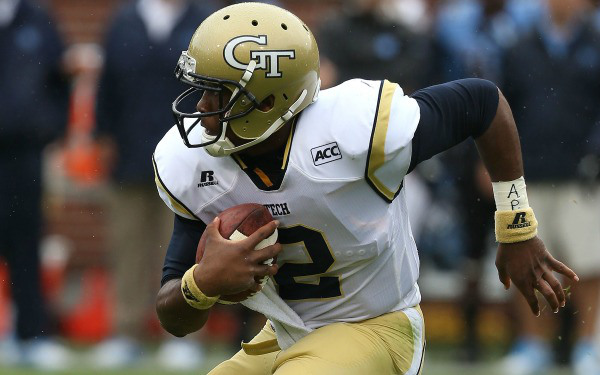APU Adds Another Layer to Movement for NCAA Reform
Posted by Chris Johnson on September 23rd, 2013Chris Johnson is an RTC Columnist. He can be reached @ChrisDJohnsonn.
The tide of public opinion turned against the NCAA long ago. Most people – fans, coaches, news media, etc. – seem to agree the organization needs a modern update, if not wholesale change. There are detractors, to be sure, and different factions have different opinions about how the organization should govern college athletics, but the fundamental desire for change seems to be something close to a consensus. The sentiment has struck a sympathetic note with a larger portion of the public in recent years, as the inherent hypocrisy of a “nonprofit” governing body generating billions of dollars off the backs of unpaid amateurs has been rammed home time and again, with everybody from noted civil rights journalists to college basketball analysts piling on. Lost amidst the controversy is the opinion of the (revenue-producing) student-athletes’ themselves – the young men electing to forfeit basic economic rights and health care services and participate in leagues and tournaments administered by the NCAA. A score of former college athletes – including Ed O’Bannon, whose name you should probably be familiar with by now — have voiced their discontent, but active players have, with sporadic evidence to the contrary, looked on from the sidelines as the philosophical debate and subsequent lawsuit that will no doubt define the early 21st century of college sports swirls around them.
You began to wonder when student-athletes, an ironclad part of the purportedly broken enterprise of major college sports, would make a concerted and visual effort to protest the denial of rights so many outsiders believe the NCAA has wrongly maintained for so long. On Saturday, several college football players from different teams (including Georgia Tech starting quarterback Vad Lee and Northwestern quarterback Kain Colter) wore wristbands bearing the letters APU, denoting “All Players United,” a movement coordinated by the National College Players Association. At its core, APU is a protest lobbying for change within the NCAA, and features a list of goals (available on the NCPA’s website) it hopes to achieve, including better health care coverage for college athletes, using a share of the NCAA’s television revenue to secure “basic protections” and demonstrating support for the active athletes who joined the O’Bannon lawsuit as plaintiffs. The idea of players coming together to support NCAA reform is encouraging. For all the heat the NCAA has come under in recent months from various columnists and politicians, none of what we have seen to date comes close to the potential impact of actual players standing up against the organization. The platform does come off as sort of vague – demonstrating “unity” is important, and is sure to draw attention from the organization and outsiders alike, but focusing on one, specific goal (a cost-of-attendance stipend, perhaps) would seem a more reasonable agenda – but the fact athletes have not only come to terms with the fact the current system needs change, but articulated concrete measures they wish to implement is a big step toward a stronger and far more impactful form of revolt: refusal to participate.










































